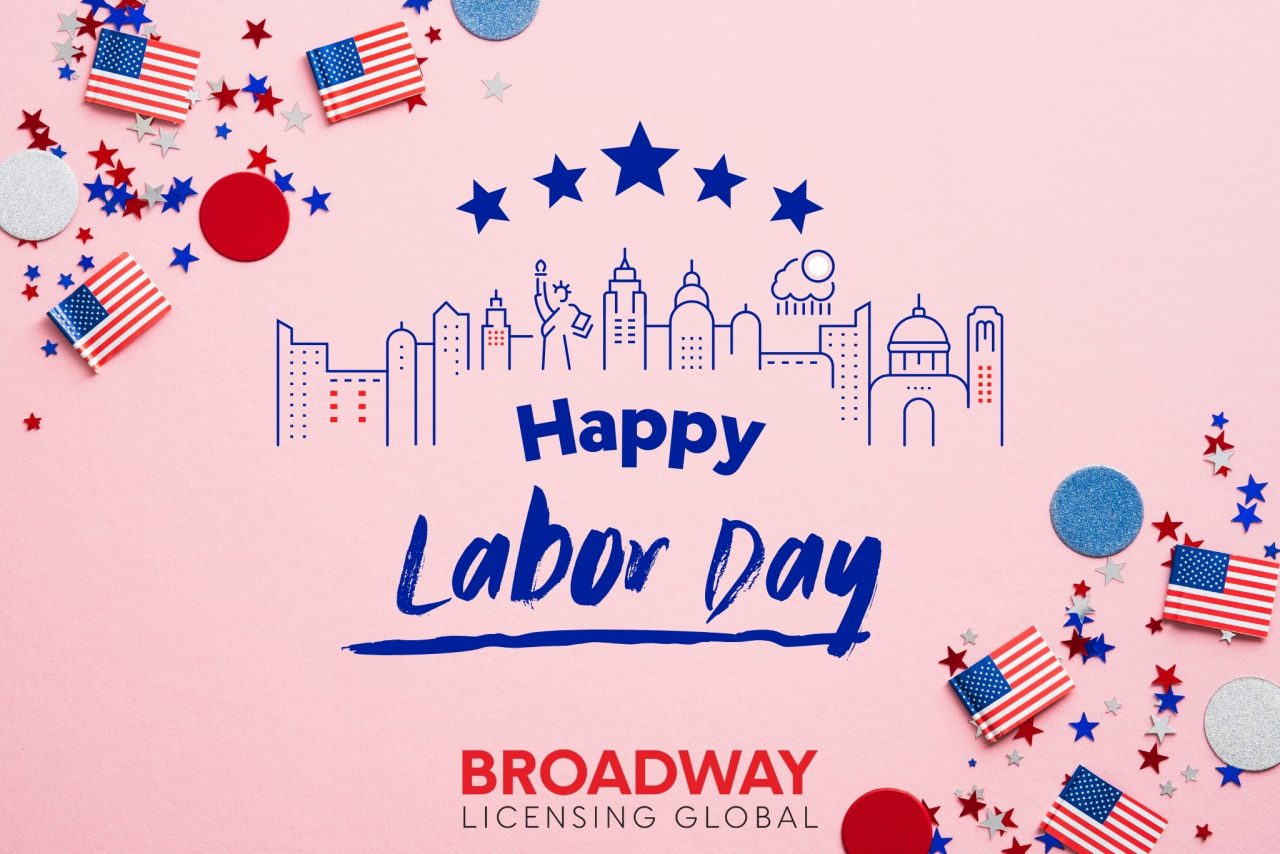This Labor Day, why not dive into a few books that really capture the essence of hard work and perseverance? We’ve picked out some titles that celebrate the grit and determination we all admire. Dive into these stories about people and communities pushing through tough times and coming out stronger on the other side.
Sweat by
Winner of the 2017 Pulitzer Prize for Drama
Filled with warm humor and tremendous heart, Sweat tells the story of a group of friends who have spent their lives sharing drinks, secrets, and laughs while working together on the factory floor. But when layoffs and picket lines begin to chip away at their trust, the friends find themselves pitted against each other in a heart-wrenching fight to stay afloat.
John Steinbeck’s The Grapes of Wrath by
Winner of the 1990 Tony Award® for Best Play
Renowned first as a novel, and then as a prize-winning motion picture, the story of the Joad family and their flight from the dust bowl of Oklahoma is familiar to all. Desperately proud, but reduced to poverty by the loss of their farm, the Joads pile their few possessions on a battered old truck and head west for California, hoping to find work and a better life. Led by the indomitable Ma Joad, who is determined to keep the family together at any cost, and by the volatile young Tom Joad, an ex-convict who grows increasingly impatient with the intolerance and exploitation that they encounter on their trek, the Joads must deal with death and terrible deprivation before reaching their destination—where their waning hopes are dealt a final blow by the stark realities of the Great Depression. And yet, despite the anguish and suffering that it depicts, the play becomes in the final essence a soaring and deeply moving affirmation of the indomitability of the human spirit and of the essential goodness and strength that—then as now—reside in the hearts and minds of the “common man,” throughout the world.
American Hero by
At a toasted subs franchise in the local mall, three up-and-coming “sandwich artists”—a teenager, a single mom, and a downsized refugee from corporate banking—are perfecting the mustard-to-cheese ratio according to the company manual. But when their shot at the American dream is interrupted by a series of strange events, they become unlikely allies in a post-recession world. American Hero is a supersized dark comedy about life, liberty, and the pursuit of sandwiches.
Nickel and Dimed by Joan Holden, based on Nickel and Dimed, On (Not) Getting By In American by Barbara Ehrenreich
Can a middle-aged, middle-class woman survive, when she suddenly has to make beds all day in a hotel and live on $7 an hour? Maybe. But one $7-an-hour job won’t pay the rent: she’ll have to do back-to-back shifts, as a chambermaid and a waitress. This isn’t the first surprise for acclaimed author Barbara Ehrenreich, who set out to research low-wage life firsthand, confident she was prepared for the worst. Ehrenreich’s best-seller about her odyssey is vivid and witty, yet always deeply sobering. Joan Holden’s stage adaptation is a focused comic epic shadowed with tragedy. Barbara is prepared for hard work but not, at age 55, for double shifts and nonstop aches and pains; for having to share tiny rooms, live on fast food because she has no place to cook, beg from food pantries, gulp handfuls of Ibuprofen because she can’t afford a doctor; for failing, after all that, to make ends meet; or for constantly having to swallow humiliation. The worst, she learns, is not what happens to the back or the knees: it’s the damage to the heart. The bright glimpses of Barbara’s co-workers that enliven the book become indelible portraits: Gail, the star waitress pushing 50 who can no longer outrun her troubles; Carlie, the hotel maid whose rage has burned down to disgust; Pete, the nursing home cook who retreats into fantasy; Holly, terrified her pregnancy will end her job as Team Leader at Magic Maids, and with it her $0.50 raise. These characters endure their life struggles with a gallantry that humbles Barbara, and the audience. The play shows us the life one-third of working Americans now lead, and makes us angry that anyone should have to live it.
Included in Broadway Book Club’s Banned Books Specialty Collection
Clyde’s by
In Clyde’s, a truck stop sandwich shop offers its formerly incarcerated kitchen staff a shot at redemption. Even as the shop’s callous owner tries to keep them down, the staff members learn to reclaim their lives, find purpose, and become inspired to dream by their shared quest to create the perfect sandwich.
Kill Floor by
In this powerful drama, Andy returns to her hometown after five years in prison and takes a job at the local slaughterhouse, determined to get her life on track. But when her estranged teenaged son objects to her working on the kill floor, their relationship slips even farther from her reach. With her boss demanding more than she can give and her son’s struggles mounting, Andy discovers how hard it can be to start over.
Labor Day by
John is an established older playwright recovering from a bout with cancer. His latest work, which he views as his best, if possibly his last, has gained the interest of a major regional theatre, the Shubert Organization, and a possible Hollywood star. Dennis, the bright young director to whom John has given the play, shows up on the Labor Day holiday at the writer’s house in rural Connecticut to ask for essential changes. Dennis feels the play has been adversely affected by the playwright’s illness, becoming too inverted and sentimental. John’s family has gathered for the holiday, and when they find out the play is primarily about them, they also criticize the enterprise. It is soon obvious that the playwright—and aging father—doesn’t really know either his family or himself. Labor Day reveals the age-old conflict between art and life and the hard labor it takes to reconcile the two. In the end, life wins, hands down.





